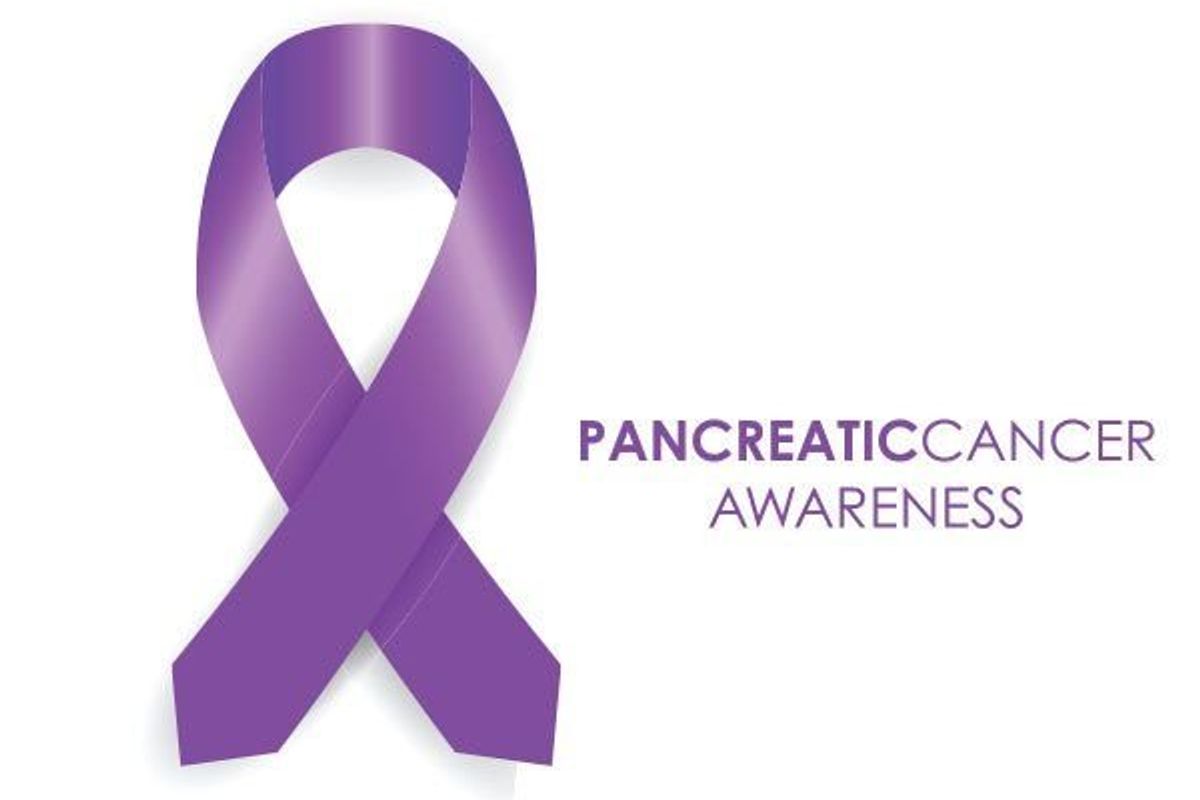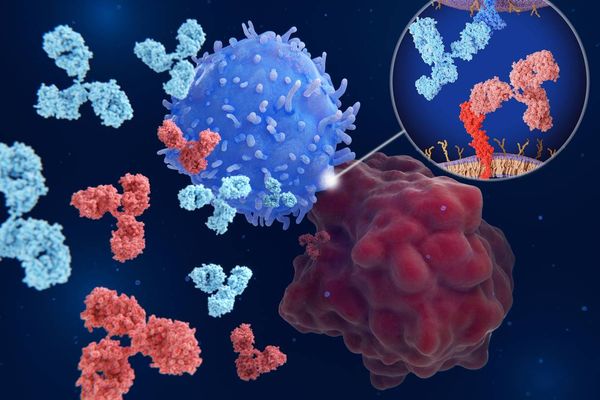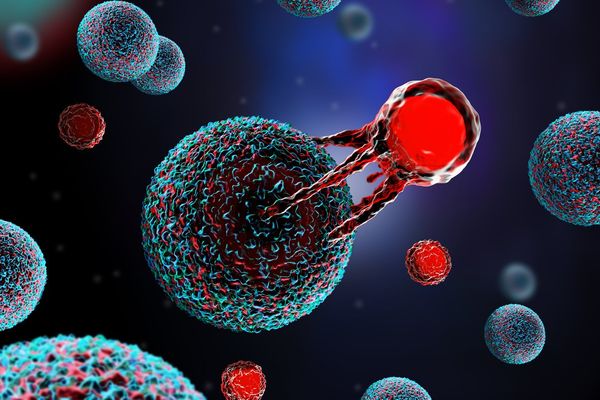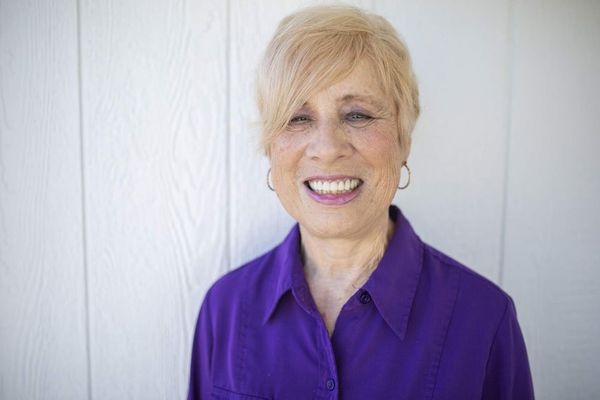By Michelle Sawatka-Fernandez
Most of us think of pancreatic cancer as a death sentence. It has killed many famous people: actor Patrick Swayze, entrepreneur Steve Jobs, singer Luciano Pavarotti and astronaut Sally Ride, to name a few. And, it is an equal opportunity killer: about the same number of women as men will receive a diagnosis and die from this disease.
The numbers are tricky. About 46,000 people in the United States will be diagnosed with pancreatic cancer this year—a small number relative to the numbers for some other cancers. But nearly 40,000 people will die from it each year, roughly the same number as will die from breast cancer.
Partly because of the relatively small numbers, only 2 percent of federal cancer research dollars fund pancreatic cancer research, and pharmaceutical companies don’t make it a research priority because it’s not a high-profit market.
But there is hope. I recently attended a Pancreatic Cancer Strategic Awareness Meeting convened by a friend and former colleague who was recently diagnosed with the disease. I was sad when I heard my friend’s story, but inspired by the reports given throughout the day.
One reason pancreatic cancer is so deadly is because many people aren’t diagnosed until it’s too late for treatment to be effective. But, pancreatic cancer researchers are on the verge of a breakthrough. They’ve figured out that a membrane forms around the pancreatic cancer and are working on ways to get more potentially lifesaving drugs to penetrate this membrane and reach the tumor. They are also close to ways to get ahead of this disease now that they understand the genes that cause pancreatic cancer and there are early diagnostic tests in clinical trials.
While we wait for these scientific breakthroughs to become reality, what can we do to help stop pancreatic cancer? Here’s what we can do:
- Spread the word. It’s almost certain that this disease has touched you. Check out https://lustgarten.org/ for things you can do today—even if it’s just posting on Facebook, Twitter or Pinterest that you care (or share this blog).
- Investigate options. If someone close to you is diagnosed with pancreatic cancer, suggest they talk to their doctor to see if they are eligible to join a clinical trial. Researchers need more people to be open to new and progressive treatment options. The diagnosis can be overwhelming, so do the research and present options.
- Donate. The Lustgarten Foundation donates 100 percent of money raised to pancreatic cancer research. Check out https://lustgarten.org/ to see stories of hope and messages from famous people who are getting involved. The Lustgarten Foundation’s expenses are underwritten by Cablevision in memory of Marc Lustgarten, former Cablevision vice chairman and chairman of Madison Square Garden, who lost his battle with pancreatic cancer in 1999.
- Know your history. If someone in your family died of pancreatic cancer, tell your doctor and be vigilant about any signs or symptoms. The symptoms are subtle (back ache, upset stomach or pain, weight loss, jaundice) so people need to advocate for themselves for tests that might identify this disease earlier.
For now, my friend is doing OK. I’m proud of her strength in taking control of her treatment to battle pancreatic cancer and in convening an influential group of communications professionals, media heavy hitters, doctors and researchers who have the power to make a difference.






